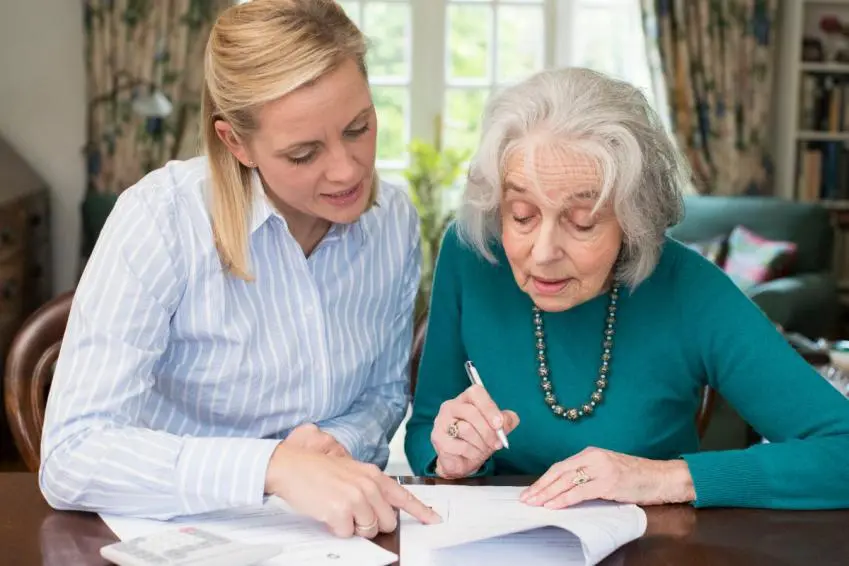We have guidance for you about:
- how to cope when a loved one dies, bereavement and faith
- planning ahead and understand the choices available
- how to get local support and services
- who to speak to about the quality of your care
Coping when a loved one dies
Find out how to register a death in Suffolk, and the process during the Coronavirus (COVID-19) Pandemic.
After you have registered a death, you can use the Tell Us Once service, which allows you to report a death to most government organisations in one go.
Suffolk InfoLink lists community and voluntary organisations:
NHS Bereavement advice and support during coronavirus
Citizens Advice has information on what to do after someone has died, including who to inform and how to arrange the funeral
Planning ahead for the end of life
Many organisations offer advice and information on planning for end of life care:
Palliative care is for people with a terminal illness and their families. There is further information about this type of care:
Things to consider when planning ahead:
End of life and palliative care services in Suffolk
The Clinical Commissioning Groups (CCGs) in Suffolk have information about end of life care:
Suffolk InfoLink has listings of local end of life services, including:
Having confidence and a voice in end of life care services
The Care Quality Commission (CQC) is the independent regulator of health and social care in England. They provide inspection reports of providers on their website.
The Gold Standards Framework helps doctors, nurses and care assistants to provide the highest possible standard of care for patients in the last years of life.
Find out how to make a complaint about NHS care, treatment or services.
West Suffolk CCG provides the opportunity for you to find out what they and partner organisations are currently working on, to get involved and have your say.
Healthwatch Suffolk gathers and represents the views of people in Suffolk to help them influence local health and care services. They also provide information and signposting to help navigate the health and social care system and understand what to do when things go wrong.

